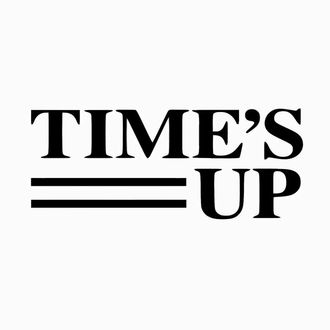
Time’s Up may have launched a whisper campaign against On the Record, the HBO Max documentary outlining sexual-assault allegations against Russell Simmons. A Hollywood Reporter investigation published Friday looks into the organization’s activism and financials, and details internal skepticism around the documentary, and efforts to distance the organization from it. In January, ahead of the doc’s Sundance premiere, it was reported that Simmons pressured Oprah to pull her support from the doc; Oprah abruptly cut ties with the project over “creative differences.” During this time, THR reports, Time’s Up declined to sign a short open letter stating support for the film. A source at Sundance said the organization “attempted to secure festival space to hold its own press event at the same time as the On the Record panel,” a claim Time’s Up denies.
Simmons accusers — women featured in the documentary, but aren’t specifically named by THR — say Time’s Up connected them to Washington-based publicist Ann Walker Marchant in summer 2019. By January, they say Marchant pushed them to distance themselves from the documentary without offering a clear reason why. Rosanna Arquette, a Harvey Weinstein accuser, told THR in February that there were “many important voices in Time’s Up that don’t support this film. I have the utmost respect for Oprah. But I don’t understand what happened there. It’s very painful as a survivor.”
The report also outlines concerns among #MeToo survivors that Time’s Up’s mission has been muddled by its closeness to big Hollywood agencies. THR examined Time’s Up’s annual report and 2018 tax filings and found that $2.9 million of Time’s Up gross receipts that year came from three undisclosed donors.
Time’s Up denies any allegations that it attempted to distance itself from the documentary, and says its legal, media-training, and security support for Simmons accusers has been ongoing. “Time’s Up support for the survivors depicted in the film,” a spokesperson told THR, “and those who were not, has been unwavering, and it is both inappropriate and inaccurate to suggest that Time’s Up policy not to do publicity for creative projects suggests that we have not supported the survivors.”


